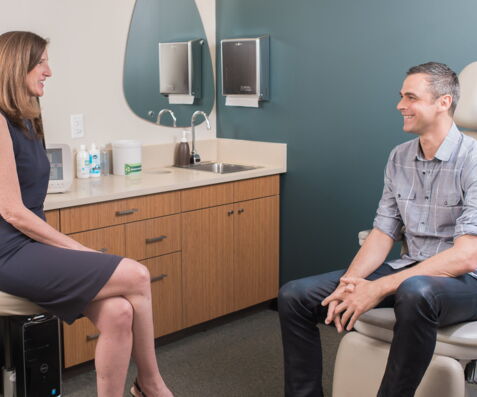
Comprehensive vision and eye health examinations are an important part of managing your overall health and wellness. Many eye health problems have no obvious signs or symptoms and, as a result, individuals may be unaware that a problem exists. In addition, the eyes can provide valuable information about your systemic health.
At Eola Eyes, your eye exam is much more than a test to simply determine if you need glasses. We perform a thorough assessment of your vision, including your eyeglass prescription, as well as your ocular health. We provide a patient-focused experience from start to finish, from listening to your concerns to discussing our exam findings and recommendations.
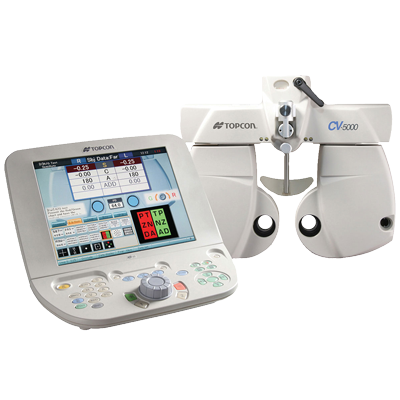
Your Eola Eyes examination will include the following:
- A detailed patient history to discuss any symptoms you may be experiencing or other factors contributing to your vision or eye health.
- Visual acuity to measure how clearly each eye is seeing.
- Preliminary tests of pupillary responses, eye coordination and teamwork, peripheral vision, and other tests as indicated.
- Refraction to determine the appropriate lens power for eyeglasses and/or contact lenses. We perform a digital refraction with state-of-the-art equipment to determine the precise prescription for your clearest, most comfortable vision. We will discuss your needs for far, computer and mid-range, and near vision and your correction options.
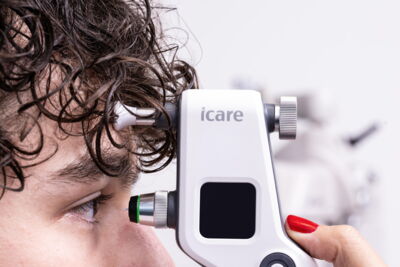
- Measurement of the intraocular pressure (with a gentle, no-air-puff technique).
- Evaluation of the external and internal health of your eyes utilizing specialized microscopes and imaging technology. This includes checking for many eye health conditions, including but not limited to dry eye, cataracts, glaucoma, and macular degeneration, as well as systemic diseases such as high blood pressure and diabetes.
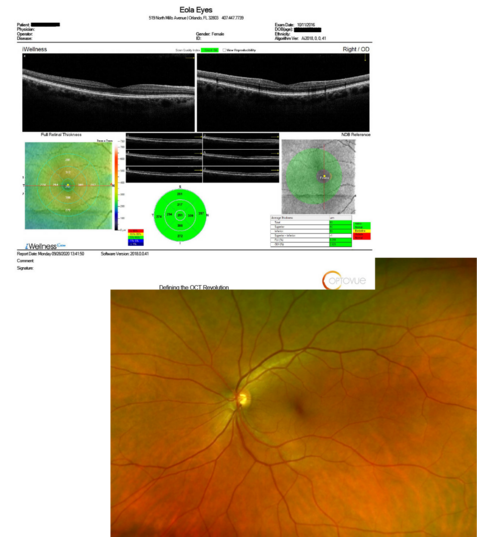
For patients who wear contact lenses or wish to be fit in contact lenses for the first time, a contact lens evaluation will be performed as a part of your exam. More information about this evaluation can be found here.
Optional wellness screenings are highly recommended to help detect the earliest signs of retinal, vascular, or optic nerve disease. The Optomap ultra-widefield imaging and Optovue iWellness exam can quickly provide intricate information about the health of your eyes that we cannot obtain with standard examination equipment.

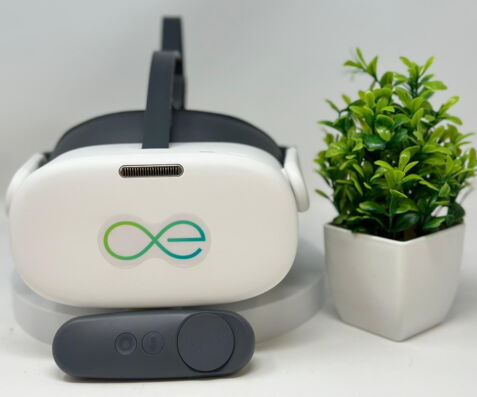
Additional special testing may be required to fully assess your vision or eye health and to address your symptoms or concerns. Examples include optical coherence tomography (OCT), which can detect abnormalities within the eye that are only a few microns in size, corneal topography, which is a non-invasive corneal mapping technique, or visual field testing, which is a computerized peripheral vision assessment using our artificial intelligence and virtual reality equipped technology.
